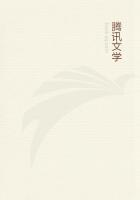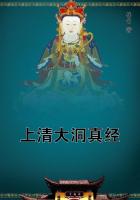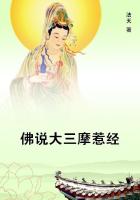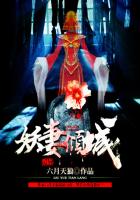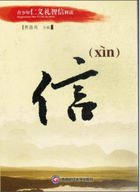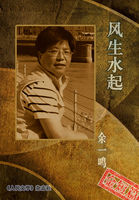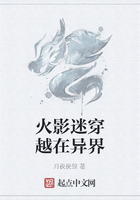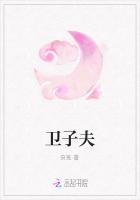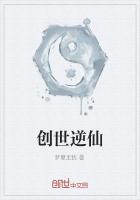To illustrate this farther, we may remember that virtue is not the only thing, originally a means, and which if it were not a means to anything else, would be and remain indifferent, but which by association with what it is a means to, comes to be desired for itself, and that too with the utmost intensity. What, for example, shall we say of the love of money? There is nothing originally more desirable about money than about any heap of glittering pebbles. Its worth is solely that of the things which it will buy; the desires for other things than itself, which it is a means of gratifying. Yet the love of money is not only one of the strongest moving forces of human life, but money is, in many cases, desired in and for itself; the desire to possess it is often stronger than the desire to use it, and goes on increasing when all the desires which point to ends beyond it, to be compassed by it, are falling off. It may, then, be said truly, that money is desired not for the sake of an end, but as part of the end. From being a means to happiness, it has come to be itself a principal ingredient of the individual's conception of happiness. The same may be said of the majority of the great objects of human life- power, for example, or fame; except that to each of these there is a certain amount of immediate pleasure annexed, which has at least the semblance of being naturally inherent in them; a thing which cannot be said of money. Still, however, the strongest natural attraction, both of power and of fame, is the immense aid they give to the attainment of our other wishes; and it is the strong association thus generated between them and all our objects of desire, which gives to the direct desire of them the intensity it often assumes, so as in some characters to surpass in strength all other desires. In these cases the means have become a part of the end, and a more important part of it than any of the things which they are means to. What was once desired as an instrument for the attainment of happiness, has come to be desired for its own sake. In being desired for its own sake it is, however, desired as part of happiness. The person is made, or thinks he would be made, happy by its mere possession; and is made unhappy by failure to obtain it. The desire of it is not a different thing from the desire of happiness, any more than the love of music, or the desire of health. They are included in happiness. They are some of the elements of which the desire of happiness is made up. Happiness is not an abstract idea, but a concrete whole; and these are some of its parts. And the utilitarian standard sanctions and approves their being so. Life would be a poor thing, very ill provided with sources of happiness, if there were not this provision of nature, by which things originally indifferent, but conducive to, or otherwise associated with, the satisfaction of our primitive desires, become in themselves sources of pleasure more valuable than the primitive pleasures, both in permanency, in the space of human existence that they are capable of covering, and even in intensity.
Virtue, according to the utilitarian conception, is a good of this description. There was no original desire of it, or motive to it, save its conduciveness to pleasure, and especially to protection from pain.
But through the association thus formed, it may be felt a good in itself, and desired as such with as great intensity as any other good; and with this difference between it and the love of money, of power, or of fame, that all of these may, and often do, render the individual noxious to the other members of the society to which he belongs, whereas there is nothing which makes him so much a blessing to them as the cultivation of the disinterested love of virtue. And consequently, the utilitarian standard, while it tolerates and approves those other acquired desires, up to the point beyond which they would be more injurious to the general happiness than promotive of it, enjoins and requires the cultivation of the love of virtue up to the greatest strength possible, as being above all things important to the general happiness.
It results from the preceding considerations, that there is in reality nothing desired except happiness. Whatever is desired otherwise than as a means to some end beyond itself, and ultimately to happiness, is desired as itself a part of happiness, and is not desired for itself until it has become so. Those who desire virtue for its own sake, desire it either because the consciousness of it is a pleasure, or because the consciousness of being without it is a pain, or for both reasons united; as in truth the pleasure and pain seldom exist separately, but almost always together, the same person feeling pleasure in the degree of virtue attained, and pain in not having attained more. If one of these gave him no pleasure, and the other no pain, he would not love or desire virtue, or would desire it only for the other benefits which it might produce to himself or to persons whom he cared for.
We have now, then, an answer to the question, of what sort of proof the principle of utility is susceptible. If the opinion which I have now stated is psychologically true- if human nature is so constituted as to desire nothing which is not either a part of happiness or a means of happiness, we can have no other proof, and we require no other, that these are the only things desirable. If so, happiness is the sole end of human action, and the promotion of it the test by which to judge of all human conduct; from whence it necessarily follows that it must be the criterion of morality, since a part is included in the whole.

